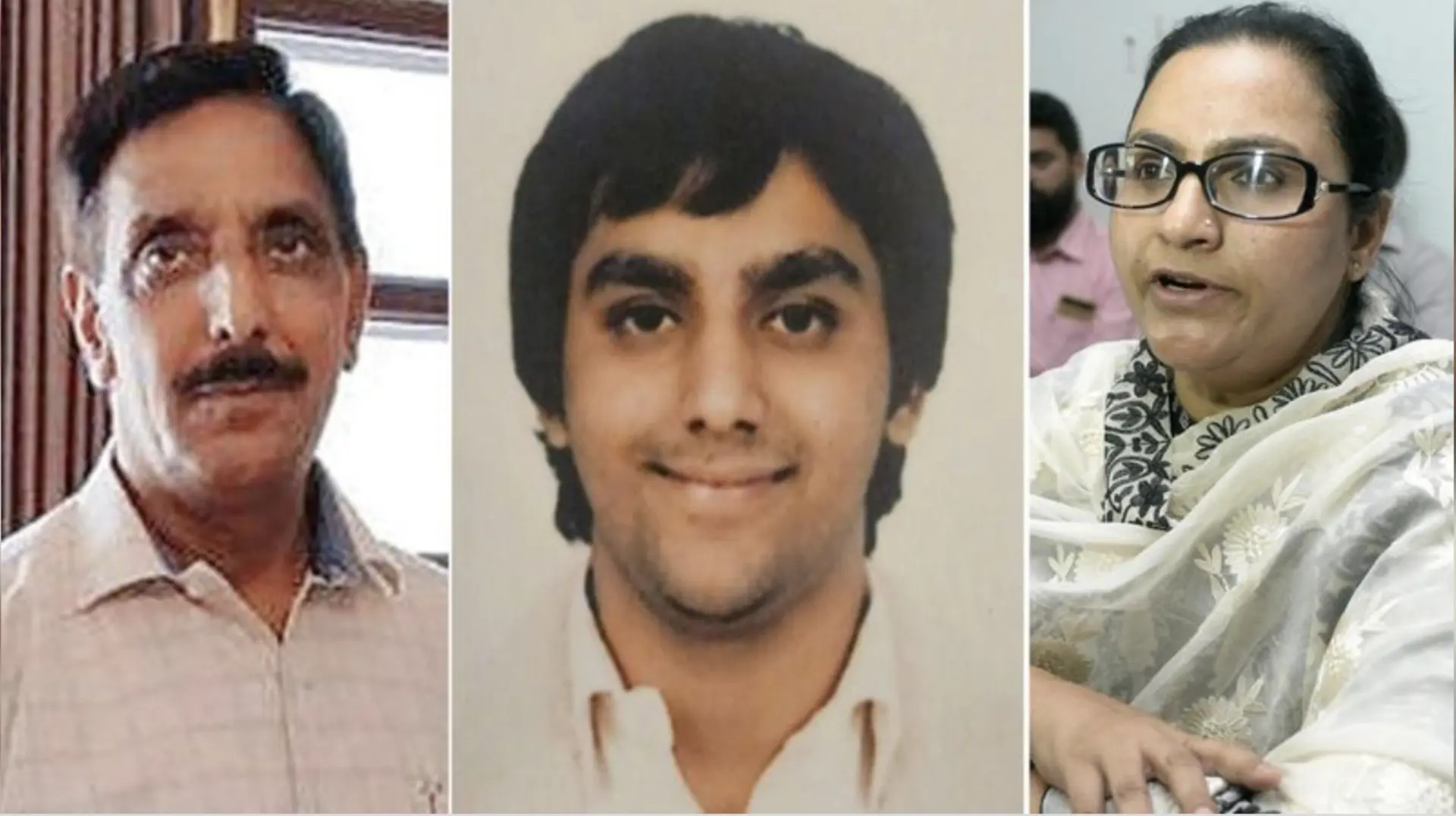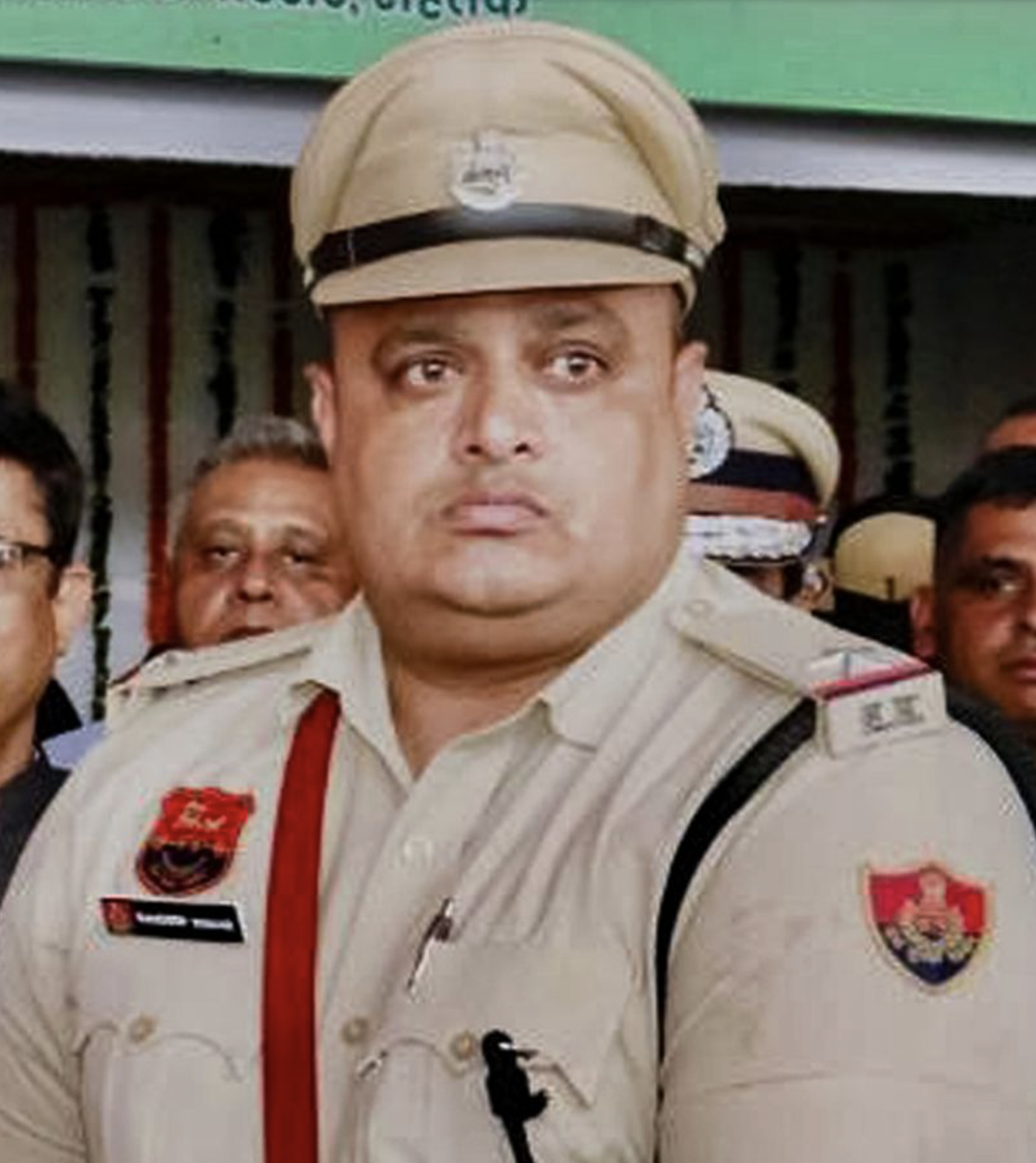
In order to strengthen law enforcement in Haryana, Chief Minister held a significant meeting with officials from different departments like police, jail, prosecution, and forensic departments. Chief Minister emphasised on implementing the three new criminal laws by February 28 with 100% efficiency. These laws will be implemented with infrastructure development as well as comprehensive staff training.
Digital Transformation
Various technological upgrades need to be done across the state's police stations in order to implement the new provisions effectively. To facilitate video conferencing for accused presentations and witness testimonies, the high speed internet connectivity will be installed. The Inter-operable Criminal Justice System (ICJS) has been fully integrated with the Crime and Criminal Tracking Network and Systems (CCTNS), marking a significant step toward digital transformation in law enforcement.
Forensic Capabilities Expansion
The state plans to increase its mobile forensic units from 23 to 40 which will significantly boost investigation capabilities. These mobile forensic science units will ensure quick evidence collection and processing, helping accelerate the justice delivery system. The expansion aims to provide better coverage across all districts and reduce investigation timelines.
Zero FIR Monitoring System
The major focus of the new implementation is the continuous monitoring of Zero FIRs, especially in inter-state cases. The CM has directed officials to ensure swift transfer of FIRs to concerned agencies, eliminating delays in the justice delivery system. This system will particularly benefit victims by ensuring their complaints are registered and processed without jurisdictional delays.
Additional Chief Secretary (Home) Dr. Sumita Mishra reported that most provisions under the new criminal laws have already been implemented. Online challan submissions in courts have begun, and all relevant departments have been instructed to adopt necessary changes by the February 28 deadline.













